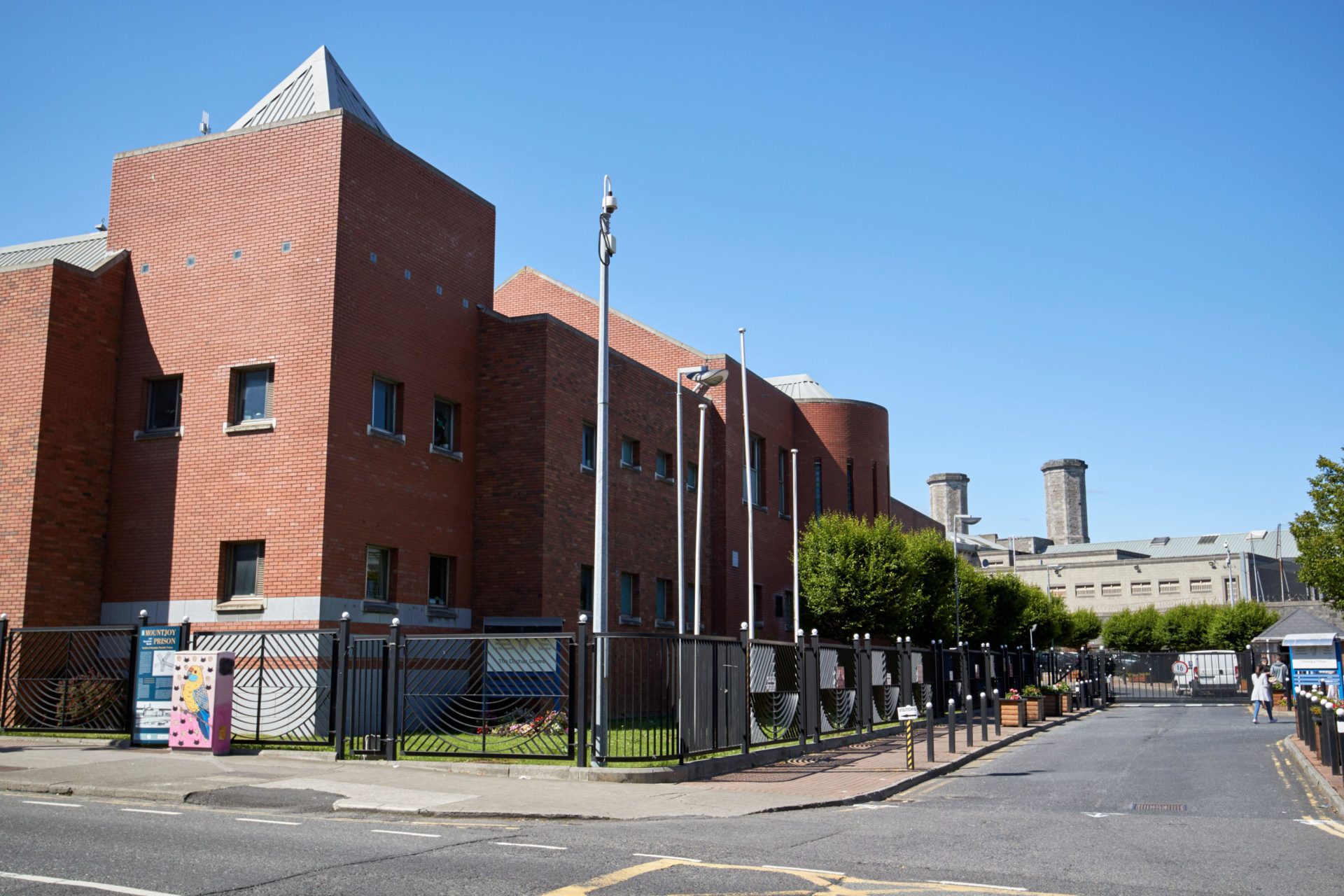Sending young mothers to prison is ‘creating the next generation of drug users’, a former inmate has claimed.
Recently, Britain’s Secretary of State for Justice Shabana Mahmood has declared “prison isn’t working” for women and said non-custodial alternatives should be considered.
According to the Irish Penal Reform Trust, just 3.8% of prisoners in Ireland are women and most of them have committed non-violent offences.
On Lunchtime Live, former prisoner Gillian said the short stint she spent behind bars had a hugely negative impact on both her and her young children.
“I came out after four months and was homeless and the children were in the care of Tusla,” she said.
“I think the money needs to be refunnelled into supporting, not punishing.
“Initially, years ago, there was one woman per cell in the Dóchas.
“Now we have three women in a cell and the recreational rooms are used as an overflow area.”
 The Dóchas Centre in Dublin. Picture by: Alamy.com
The Dóchas Centre in Dublin. Picture by: Alamy.comGillian now works for UISCE, the National Advocacy Service for People who use Drugs in Ireland, and believes that the State would be better off spending money on social programmes than on custodial sentences.
“I think if we support rather than punish, the outcomes could be very different and we need to be looking at what these custodial sentences for women are doing and the impact they’re having on their children,” she said.
“I’d be of the opinion it’s creating the next generation of problematic drug [users].”
'What can they actually do with that woman?'
Irish Penal Reform Trust Executive Director Saoirse Brady said many women in prison have themselves been a victim of crime and are “dealing with a lot of trauma”.
As their offences are generally non-violent, they usually spend only a short time in prison and there is little opportunity for rehabilitation.
“Anybody sent on a short sentence is less likely to get the support that they need to tackle the underlying issues that might have caused them to offend in the first place,” Ms Brady said.
“Particularly in the women’s prison… there is a huge percentage of women who go to prison on very short sentences - sometimes for weeks or months, sometimes for days.
“The Irish Prison Service themselves and senior officials would question what can they actually do with that woman to address the issues that she has?”
Ms Brady said prison is a “very traumatic experience” for female prisoners and they suffer from much higher-levels of poor health than the general population.
“Around maybe 85% of women in Irish prison have an addiction issue and 50% have a mental issue - although those stats are quite old,” she said.
“The other stat I want to flag is that women in prison are eight times more likely to self-harm than men in prison.”
You can listen back here:
Main image: An arrested woman stands with her hands in handcuffs. Picture by: Alamy.com









